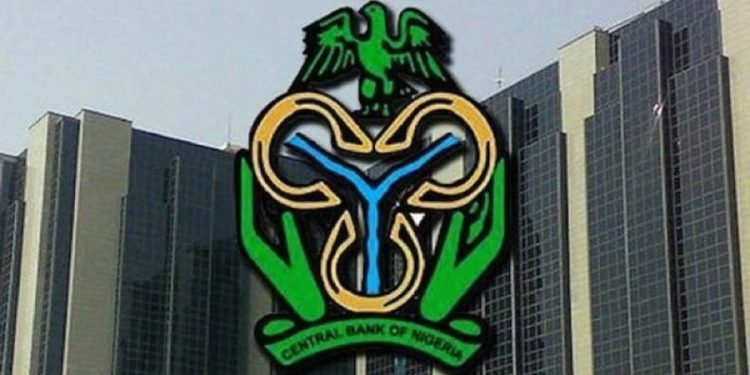The Central Bank of Nigeria (CBN) spent a total of N1.2 trillion on personnel costs in seven years and recorded a net income of N520.04 billion.
The highlights of the apex bank’s audited financial accounts for seven years from 2016 to 2022 released on Friday showed a sharp decline and recovery in its profit between 2016 and 2022.
This is as staff emoluments steadily rose by 119 percent over the seven-year period.
According to the consolidated and separate statements of accounts of the apex bank that was just released, profit had declined sharply from N124.47 billion and N107.39 billion in 2016 and 2017 to N43.77 billion in 2018.
It further declined to N34.63 billion, N30.81 billion in 2019 and 2020 before rising to N75.12 billion in 2021.
At the end of the 2022 financial year, profit for the year of the apex bank jumped to N103.85 billion, just as during the seven-year period, staff emoluments had consistently been on the rise, with N121.229 spent on personnel expenses in 2016, rising to N135.95 billion in 2017 and N137.36 billion in 2018.
The amount spent on staff salary, allowances and benefits continued to rise to N168.034 billion, N183.601 billion and N200.04 billion in 2019, 2020 and 2021 before settling at N265.87 billion last year.
The latest result which was signed by suspended governor of the bank, Godwin Emefiele, and audited by Ernst & Young and KPMG showed that credit loss expense for the banking regulator increased to N875.2 billion in 2022 from N498.2 billion in 2021.
Its lending to the government constituted as much as 74 per cent of the loans and receivables that contributed N610 billion of both the total impairment loss and credit loss expenses for the year.
Ernst & Young and KPMG, the independent auditors, had in their report highlighted the bank’s impaired loans as the key audit matter of their scrutiny, saying “the impairment of loans and advances using he expected credit losses approach in line with the relevant accounting standards and the recommendations of the guideline as issued by the Financial Reporting Council of Nigeria is considered to be key audit matter due to the significance of the amount and the level of subjectivity, uncertainty and complexity involved in estimating the key assumptions that impact the recoverability of loans and advances.
“Loans and receivables of the CBN had soared form N8.01 trillion in 2016 to N31.46 trillion in 2022 with the financials showing that the apex bank earned a net interest income of N1.8 trillion compared to N1 trillion a year earlier representing an 80 per cent surge in net interest income.
“Net operating income was N1.2 trillion compared to N1.1 trillion in the same period in 2021. Total operating expenses also rose from N1.1 trillion in 2021 compared to N1.2 trillion in 2022.”
Balance sheet of the bank expanded from N21.91 trillion in 2016 to N57.99 trillion at the end of 2022. This is as liabilities likewise rose from N21.22 trillion to N56.39 trillion.
The financials stated: “Included in interest income on Loans and receivables is interest income on Overdraft facility granted to the Federal Government amounting to N1.9 trillion (2021: N1.2 trillion). The interest rate applied on this facility is MPR+3%.”
The apex bank also reported another N422.7 billion in income derived from “debt instruments measured at fair value through profit and loss (FVTL). FVTL is a way companies account for certain investments they own. Instead of noting the investment’s original cost, the company regularly updates the investment’s value to reflect its current market price.
Other operating expenses incurred by the bank rose to N888.3 billion last year compared to N884.2 billion in 2021. A breakdown of the amount showed that N346.2 billion of it was losses arising from foreign exchange revaluation losses.
Also included is another N155.5 billion incurred as “rebate expenses” which the apex bank explained was connected to RT 200 and Naira4Dollar, a policy under CBN led by Godwin Emefiele to attract forex inflows.
“Rebate expenses represent expenses incurred by the CBN in connection with the RT200 and Naira 4 Dollar schemes which the Bank introduced to enhance foreign currency inflow, diversify the sources of FX inflow, increase the level of non-oil exports, ensure stability and sustainability of FX inflows, and support export-oriented companies to expand their export operations and capabilities.”
The Bank stated that it incurred N137 billion in 2022 on the RT200 scheme and in 2021 Naira 4 Dollar expense was N4 billion. This policy has since been dropped since the unification of the naira was announced.





